Space Medicine
Computing Platforms for Autonomous Astronaut Monitoring in space (LEO, Cislunar, Lunar, Mars) using Big Data, AI, IoT, Edge Computing
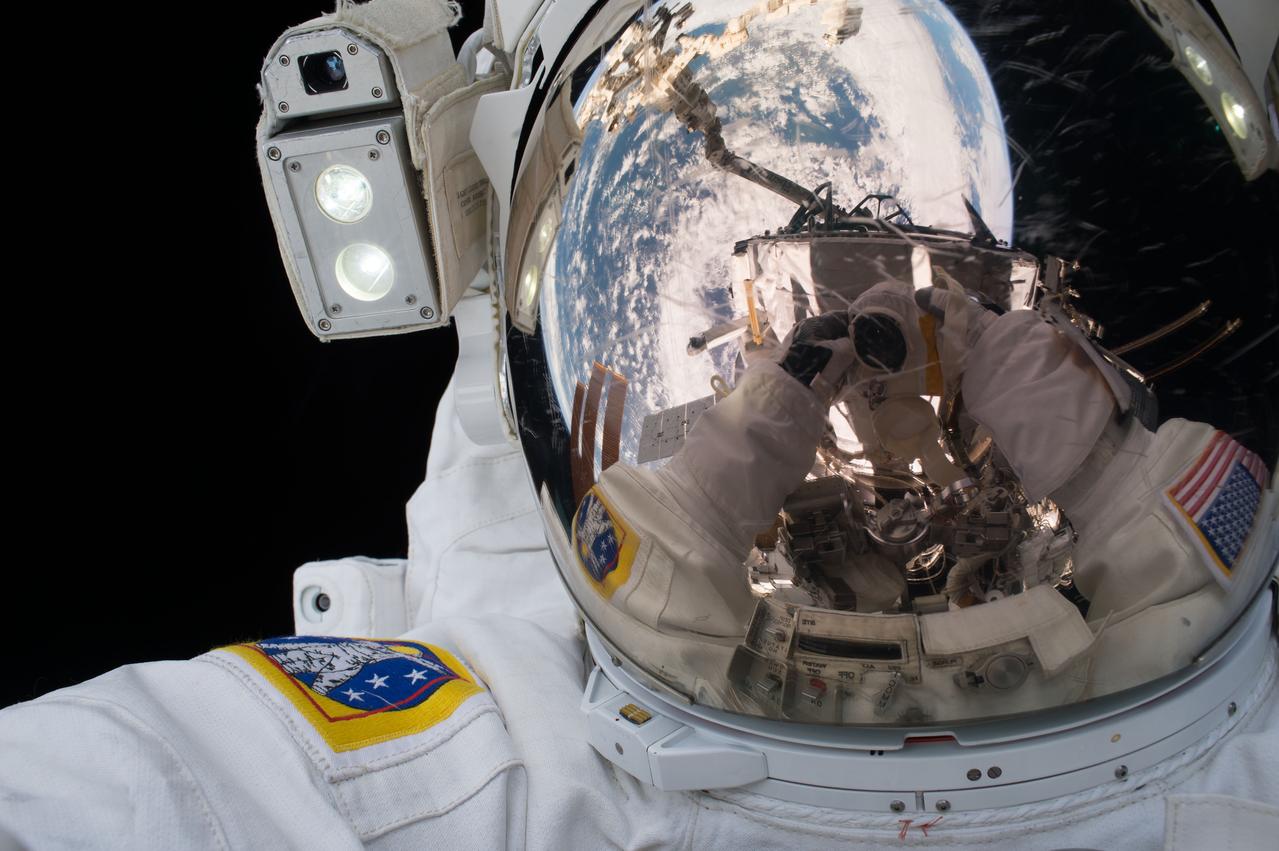
Building on the internationally successful and award-winning Artemis platform, initially designed for neonatology, this work builds on McGregor’s proposed Artemis in Space extensions to Artemis for systemic computing platforms that can run autonomously in spacecraft and space habitats to monitor the health, wellness, resilience and adaptation of humans in space. This work utilises high frequency physiological monitoring and other health data together with other environmental and activity data for context.
Photo courtesy of NASA
Cardiovascular deconditioning in space related to health, wellness, resilience and adaptation
In this work we are assessing the adaptation process in space and its impact on the cardiovascular system in particular.
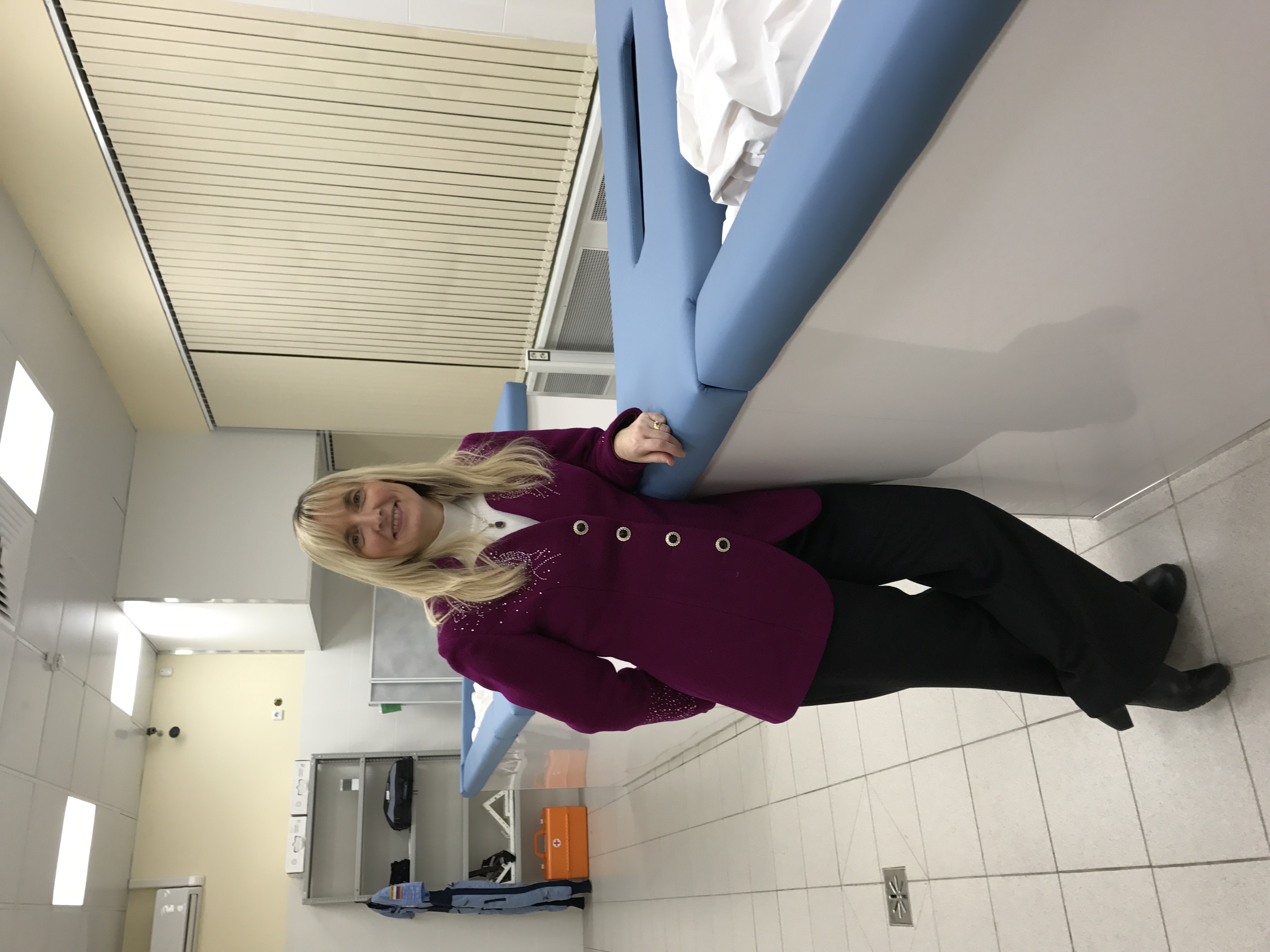
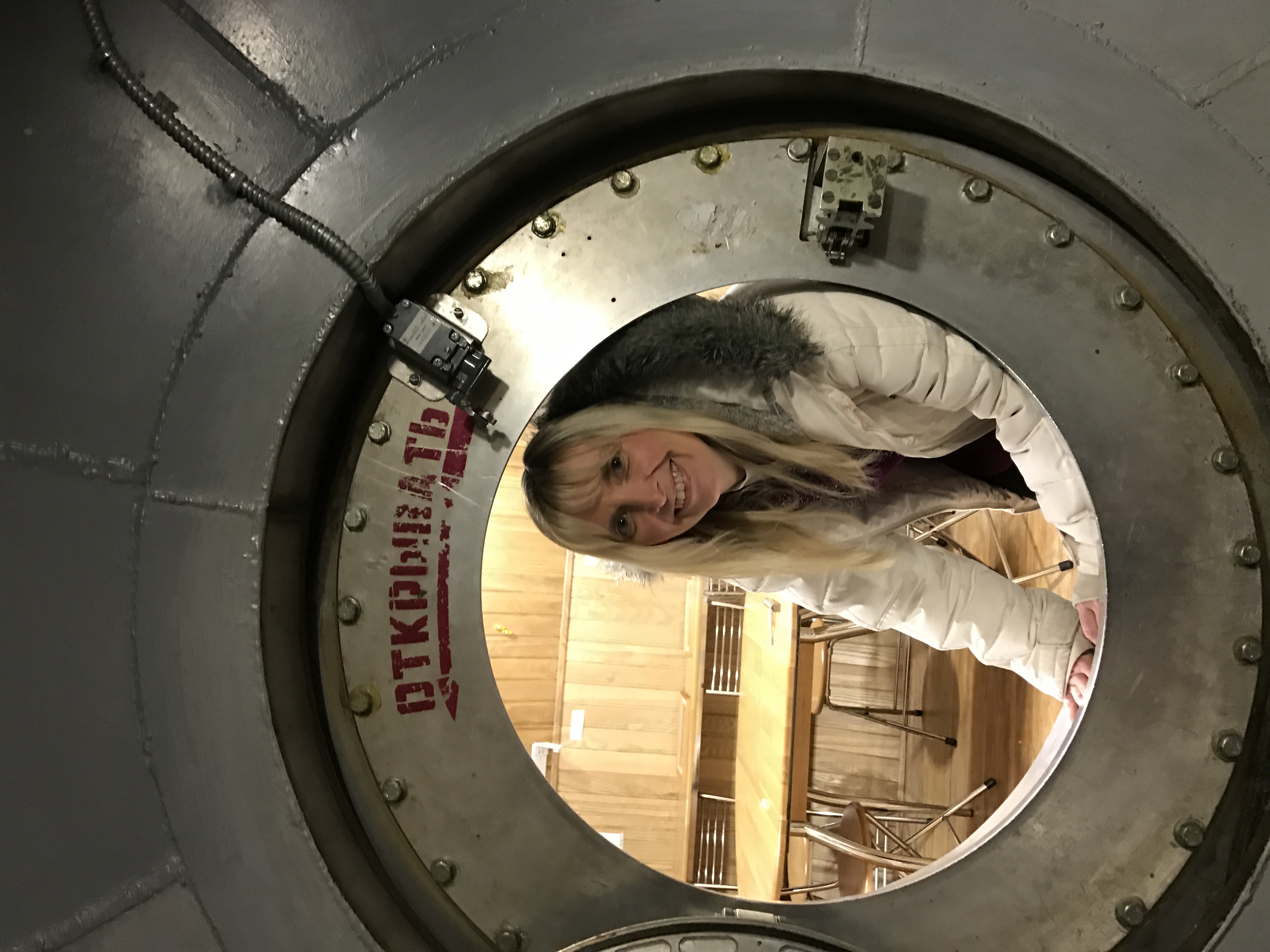
To perform this work we are assessing data collected in isolation experiments on earth in the Russian IBMP isolation facility in Moscow, together with the Russian IBMP and ESA MEDES Space Clinic dry immersion facilities.
Integrating Countermeasure Data for Real-Time Assessments
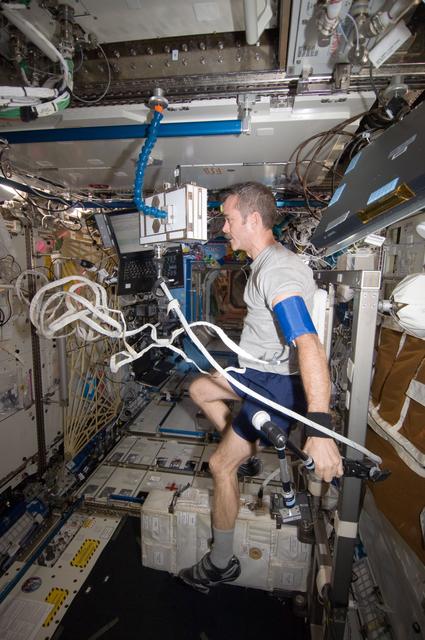
Within the context of autonomous health management for humans in space, this work explores the inclusion of data from equipment used to help astronauts counter the effects of microgravity. This work builds on the extension of the Artemis platform and its sister-platform Athena, which has demonstrated capabilities to perform Big Data Analytics to support resilience training and simulated combat scenarios for tactical operators. The integration of countermeasure data would enable real-time assessments, monitoring and opportunistic intervention to countermeasure protocols for better astronaut health and performance trajectories on longer duration space missions.
Photo courtesy of NASA
Investigation of sex‐based differences in adaptation and resilience to conditions of spaceflight environment (and Gender)
Within our assessment of cardiovascular deconditioning, we are assessing this cardiac deconditioning within the context of each biological sex as there are a number of biological sex differences that can impact the adaptation response.
AI based real-time Analytics for health, wellness, resilience and adaptation
In this work we are creating computing algorithms that can be deployed within systemic computing platforms that can run autonomously in spacecraft and space habitats to monitor the health, wellness, resilience and adaptation of humans in space. This work utilises high frequency physiological monitoring and other health data together with other environmental and activity data for context. Examples of this research include algorithms to assess cardiovascular deconditioning.
More of this work can be found in the following article:
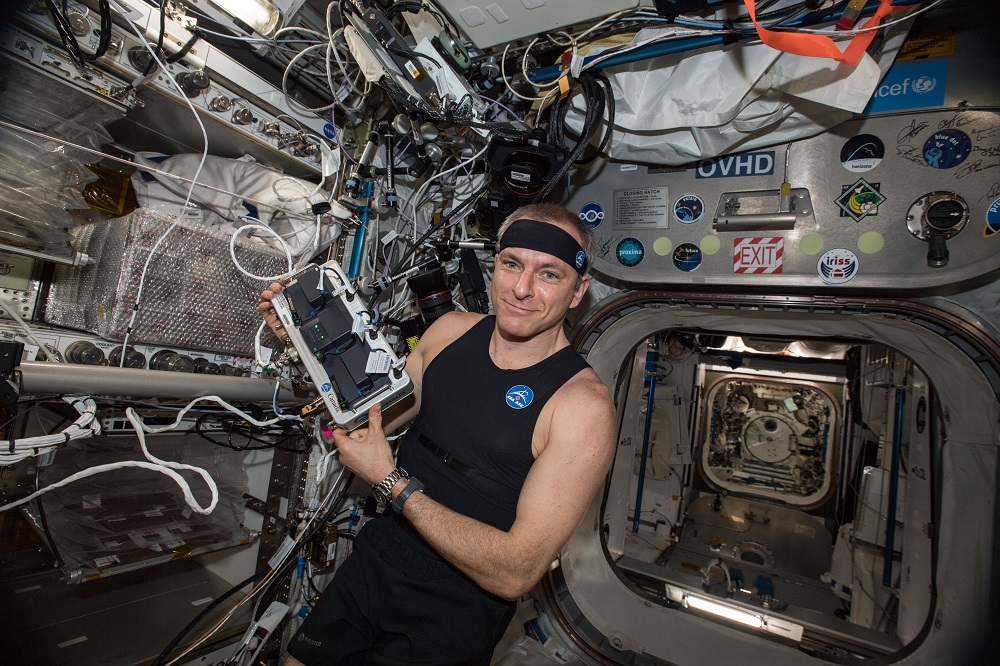
Reaching for the stars: New Ontario Tech research on the health of astronauts in space
July 22, 2021
Photo courtesy of CSA/NASA
Next Generation Communications to support astronaut and equipment monitoring in space
This work explores a deep space hybrid data relay network enabled by an optical and radio frequency satellite network to support real-time Space Health Analytics as a Service (SHAaaS) through an extended platform. Enabled through Edge Computing within concepts of Cloud Computing and utilizing the Space Data Relay as a Service (SDRaaS) infrastructure, this work aims to enable real-time streaming, processing, and analysis of data pertaining to astronaut health and equipment monitoring in deep space missions for manned/unmanned missions.
More of this work can be found in the following article:
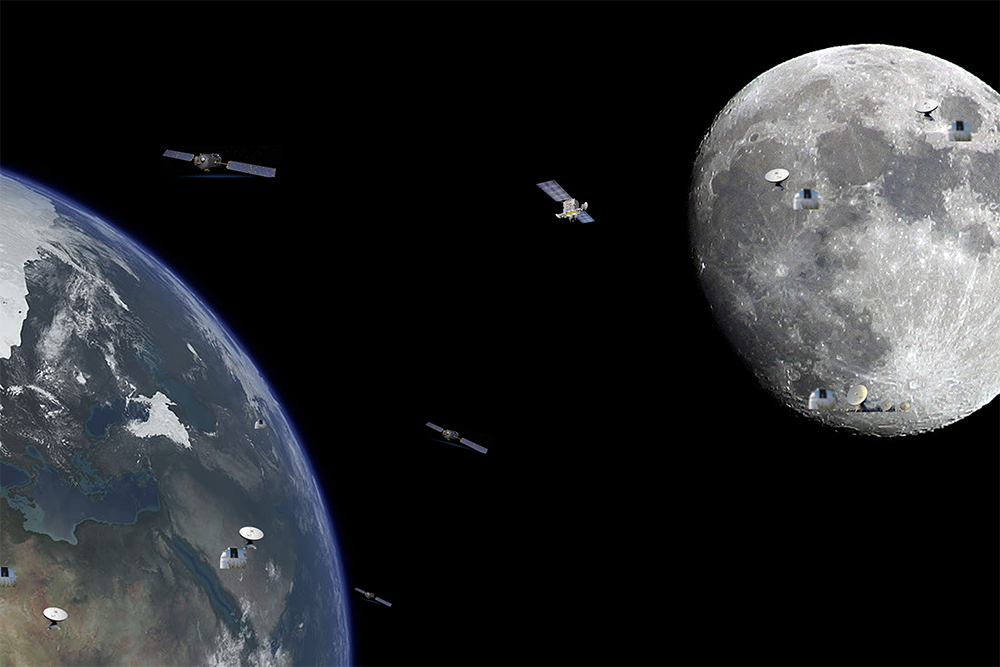
Ontario Tech researcher leading one of the first projects to stream live data from the Moon
March 16, 2021
Continue development of a critical mass of researchers and HQP to grow capacity in Canada and Australia
The research program in support of space medicine is providing experiential learning opportunities for students and collaborative partners to enable the growth of a critical mass of researchers and high quality personnel to grow space tech capacity in Canada and Australia.
Partners
Industry
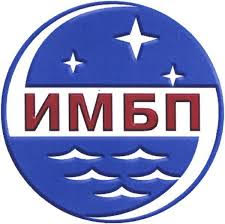


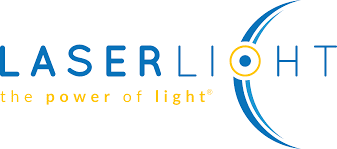
Funding
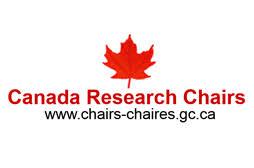
Publications
-
Refereed Journal Articles
.
-
Refereed Book Chapters
- Cibis, T. and McGregor C., 2021, “The Physiological and Psychological Environment in Humans”, in Engineering and Medicine in Extreme Environments, Springer, in press
- McGregor, C., and Cibis, T., 2021, “Frameworks and Platforms for Extreme Environments Adaptation and Resilience Monitoring”, in Engineering and Medicine in Extreme Environments, Springer, in press
- Prysyazhnyuk, A., McGregor, C., 2021, “Space as an Extreme Environment”, in Engineering and Medicine in Extreme Environments, Springer, in press
- Prysyazhnyuk, A., McGregor, C., 2021, “Space as an Extreme Environment – Technical Considerations”, in Engineering and Medicine in Extreme Environments, Springer, in press
-
Refereed Conference Papers
- McGregor, C., 2021, “A Platform for Real-Time Space Health Analytics as a Service Utilizing Space Data Relays”, IEEE Aerospace, 14 pages
- Prysyazhnyuk, A., McGregor, C., 2021, “Adaption-Based Analytics for Assessment of Human Deconditioning during Deep Space Exploration”, IEEE Aerospace, 10 pages
- Yeung, J., McGregor, C., 2021, “An Individualized Countermeasure Assessment Framework for Astronauts in Space”, IEEE Aerospace, 9 pages
- Prysyazhnyuk, A., McGregor, C., 2020, “A Wholistic Approach to Assessement of Adaptation And Resilience During Spaceflight”, 71st International Astronautical Congress, CyberEdition, October.
- Yeung, J., McGregor, C., 2019, “Analyzing Countermeasure Effectiveness Utilizing Big Data Analytics For Space Medicine Decision Support: A Case Study”, 70th International Astronautical Congress, Washington DC, USA, October.
- Prysyazhnyuk, A., Chernikova, A., McGregor, C., 2019, “A Sliding Window Real-Time Processing Approach For Analysis Of Heart Rate Variability During Spaceflight”, 70th International Astronautical Congress, Washington DC, USA, October
- McGregor, C., 2019, “Autonomous Health Monitoring for Long Range Space Missions”, 41st IEEE Engineering in Medicine and Biology conference, Berlin, Germany
- Prysyazhnyuk, A., McGregor, C., 2018, “Investigation of Adaptation Mechanisms During Five-Day Dry Immersion Utilizing Big-Data Analytics”, 2nd IEEE Life Sciences Conference, Montreal, Canada, pp247-250
- Yeung, J., McGregor, C., 2018, “Countermeasure Data Integration Within Autonomous Space Medicine: an Extension to Artemis in Space”, 2nd IEEE Life Sciences Conference, Montreal, Canada, pp 251-254
- Prysyazhnyuk, A., McGregor, C., 2018, “Spatio-Temporal Visualization Of Big Data Analytics During Spaceflight”, 69th International Astronautical Congress, Bremen, Germany, 1 – 5 October 2018
- Prysyazhnyuk, A., McGregor, C., Baevsky, R., Chernikova, A., Luchitskaya, E., Rusanov, V., 2017, “Big Data Analytics for Enhanced Clinical Decision Support Systems during Spaceflight”, IEEE 1st Life Science Conference, Sydney, Australia, 13-15 Dec, 4 pages
- Orlov, O., McGregor, C., Baevsky, R., Chernikova, A., Zhmurchak, A., Rusanov, V., “Perspective Use of the Technologies for Big Data Analysis in Manned Space Flights on the International Space Station”, 68th International Astronautical Congress (IAC 2017), Adelaide, Australia, 25-29 September 2017.
- McGregor, C., Orlov, O., Baevsky, R., Chernikova, A., V. Rusanov, “Big Data Analytics for Continuous Assessment of Astronaut Health Risk and Its Application to Human-in-the-Loop (HITL) Related Aerospace Missions”, AIAA SciTech Conference, Grapevine, Texas, Jan 2017, 7 pages
- Popov, A., Fink, W., McGregor, C., Hess, A., 2016, “PHM for Astronauts: Elaborating and Refining the Concept” IEEE Aerospace 2016, Big Sky, Montana, 1-9, http://ieeexplore.ieee.org/
abstract/document/7500930/ - McGregor, C., 2015, “A Framework for Online Health Analytics for Advanced Prognostics and Health Management of Astronauts”, IEEE Aerospace, 7 pages
- Eklund, J.M., McGregor, C., (2014), “Real-time Online Health Analytics for Interplanetary Space Missions”, IEEE Aerospace , 10 pages
- McGregor, C., 2013, “A Platform for Real-time Online Health Analytics during Spaceflight”, IEEE Aerospace, CDROM, 8 pages
-
Refereed Abstract
- Slomov, A. V., Baevsky, R. M., Rukavishnikov, I. ., Amirova, L. ., McGregor, C., Zhmurchak, A., & Bersenev, E. Y. 2017, “Analysis of Body Posture Changing, Painfulness, Regulation of the Heart and Breath during night Sleep in Experiment with a 5-Day Dry Immersion”, 9th International Symposium on Neurocardiology (NEUROCARD 2017). Belgrade, SerbiaMcGregor, C., Baevsky, R., Chernikova, A., Rusanov, V., 2017 “Preparation of Space Experiments Using Big Data Analytics for Continuous Assessment of Astronaut Health Risk”, XVI Conference on Space Biology and Medicine, Moscow, Russia.